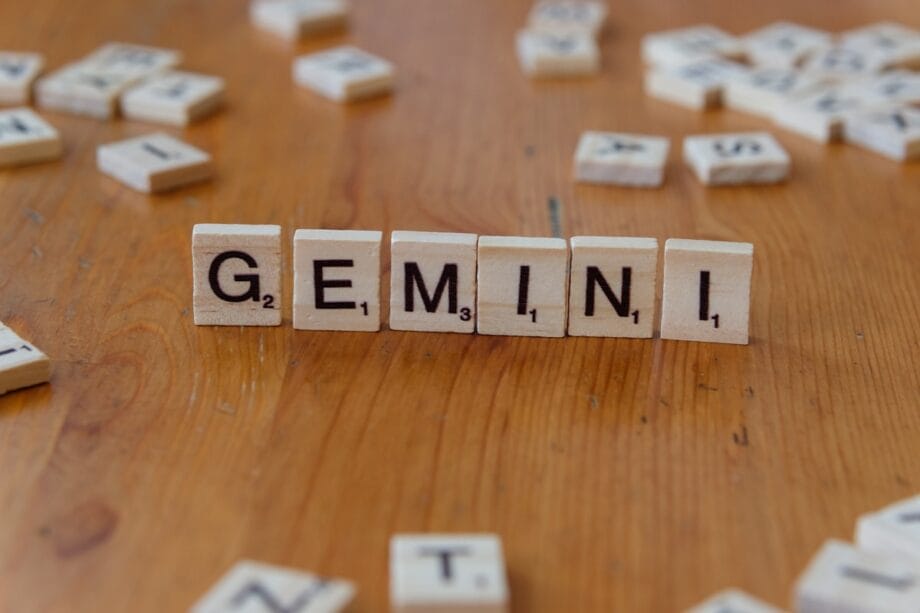OpenAI Unveils Atlas, Its Innovative Web Browser
On Tuesday, OpenAI launched its proprietary web browser, Atlas, thereby positioning itself as a formidable competitor to Google amidst a burgeoning reliance on artificial intelligence for online inquiries.
By transforming its well-regarded AI chatbot into a conduit for web searches, the San Francisco-based company—ranked as the world’s most valuable startup—aims to amplify both web traffic and advertising revenue.
However, this innovation presents potential challenges for traditional online publishers, as succinct and reliable AI-generated summaries may discourage users from navigating to conventional web pages.
OpenAI reports that ChatGPT boasts an impressive user base exceeding 800 million, although a significant portion accesses the platform without charge. While the company offers subscription options, it continues to face financial challenges, seeking methods to achieve profitability.
Atlas debuted on Apple laptops and is slated for subsequent release on Microsoft Windows, Apple’s iOS, and Google’s Android operating systems.
CEO Sam Altman heralded the launch as a “rare, once-a-decade opportunity to redefine the browser experience.”
Yet, analyst Paddy Harrington of Forrester cautions that the formidable presence of established giants, especially those with substantial market share, poses significant hurdles for OpenAI’s foray into this domain.
This browser emergence closely follows remarks by one of OpenAI’s executives regarding interest in acquiring Google’s dominant Chrome browser, if compelled by a federal judge as part of measures to rectify antitrust concerns.
However, US District Judge Amit Mehta recently denied the Justice Department’s request to enforce such a sale, suggesting that advancements in artificial intelligence are already altering competitive dynamics.
Atlas confronts monumental obstacles as it enters a market in which Chrome commands approximately 3 billion users and has integrated several AI enhancements from Google’s Gemini project.
The trajectory of Chrome’s ascent, which began with its release in 2008 amid the overwhelming dominance of Microsoft’s Internet Explorer, serves as a potential benchmark for OpenAI.
Initially met with skepticism, Chrome swiftly gained traction by delivering faster page loads and other benefits, ultimately displacing Internet Explorer and compelling Microsoft to unveil its Edge browser, now a distant third to Chrome and Apple’s Safari.
Perplexity, another emerging AI startup, introduced its Comet browser earlier this year and expressed interest in acquiring Chrome, albeit unsuccessfully following Mehta’s ruling.
Altman envisions a future wherein a chatbot interface supplants the traditional URL bar, proposing a transformative approach to Internet usage.
“Tabs were great, but we haven’t observed substantial browser innovation since,” he remarked during a video presentation on Tuesday.
A distinguishing feature of the ChatGPT Atlas browser is its “agent mode,” enabling it to navigate the web autonomously on behalf of users, utilizing their browsing history and preferences to provide tailored searches. “It’s utilizing the Internet on your behalf,” Altman noted.
Harrington interprets this development with caution, suggesting it risks eroding personal agency. “Your profile will be finely tuned to you, based on accumulated data. It’s a legitimate concern,” he stated.
“But does it truly represent your thoughts, or those constructed by the engine? And will it prioritize solutions influenced by advertisements?”
A recent Associated Press-NORC Center for Public Affairs Research poll indicates that approximately 60 percent of Americans, and 74 percent of individuals under 30, occasionally rely on AI for information retrieval, rendering online searches one of the most prevalent applications of AI technology.
Since last year, Google has been integrating AI-generated responses into its search results, which appear prominently at the top of queried listings.

The embrace of AI chatbots for information synthesis raises pressing concerns, particularly regarding their susceptibility to disseminating inaccuracies—an issue referred to as hallucination.
The media sector has expressed ambivalence, with entities such as The New York Times pursuing legal action against OpenAI for copyright violations, while others like The Associated Press have opted for licensing agreements.
A recent study examining four leading AI assistants, including ChatGPT and Google’s Gemini, revealed that nearly half of their responses fell short of the rigorous standards expected in “high-quality” journalism.
The research, conducted by the European Broadcasting Union—comprising public broadcasters from 56 nations—analyzed over 3,000 responses to assess quality and pinpoint areas for enhancement.
Source link: Arabnews.com.





